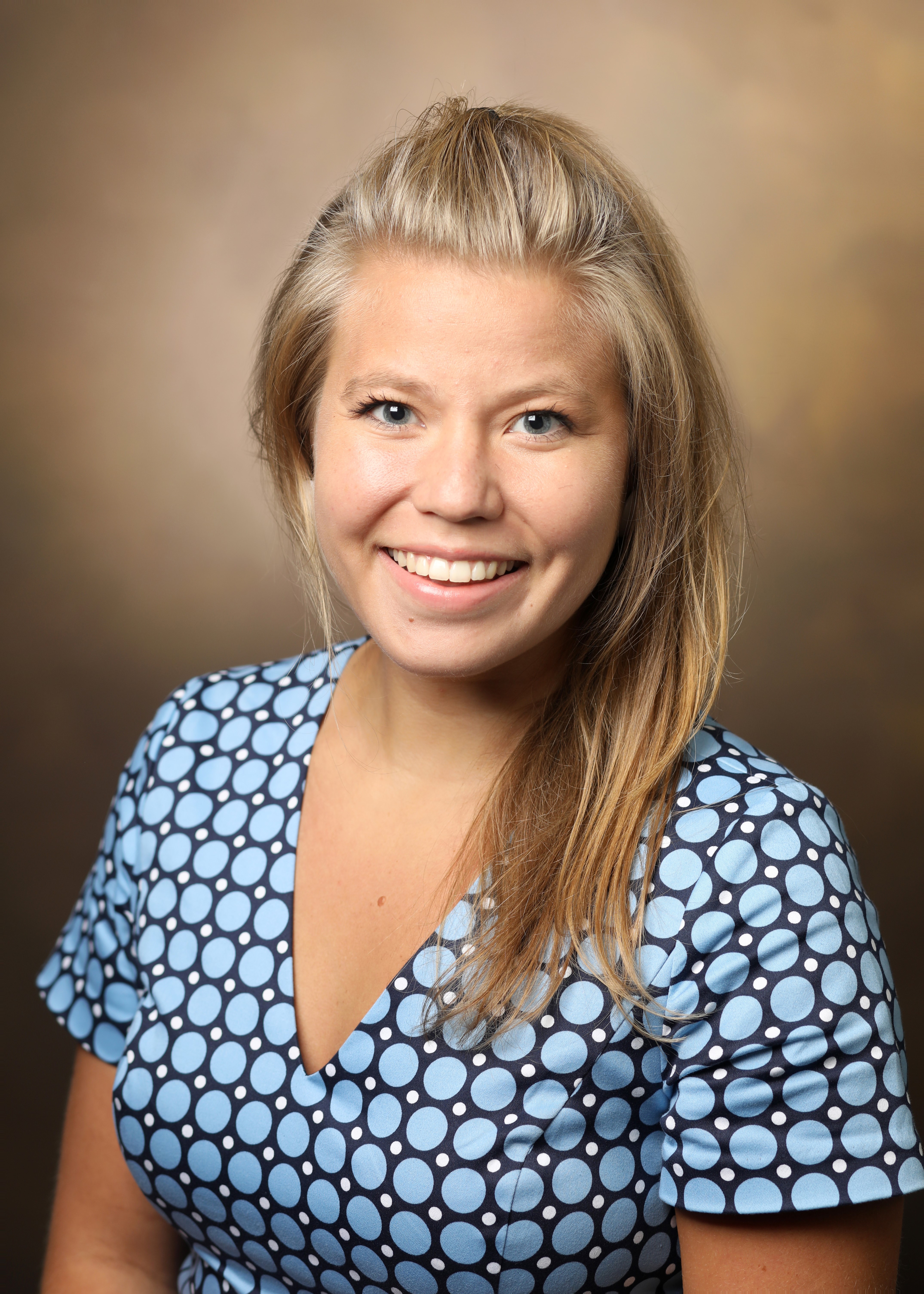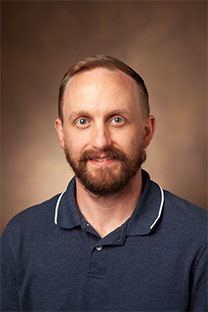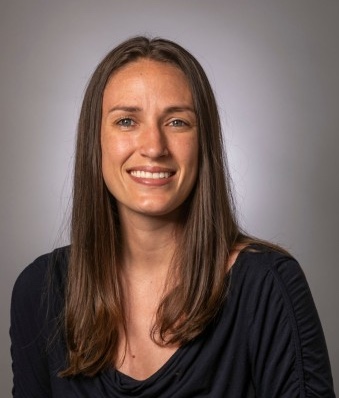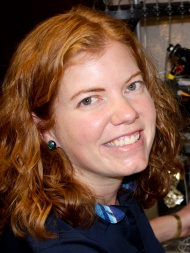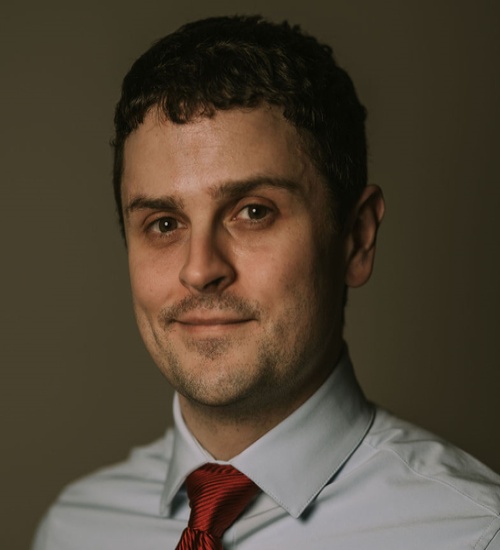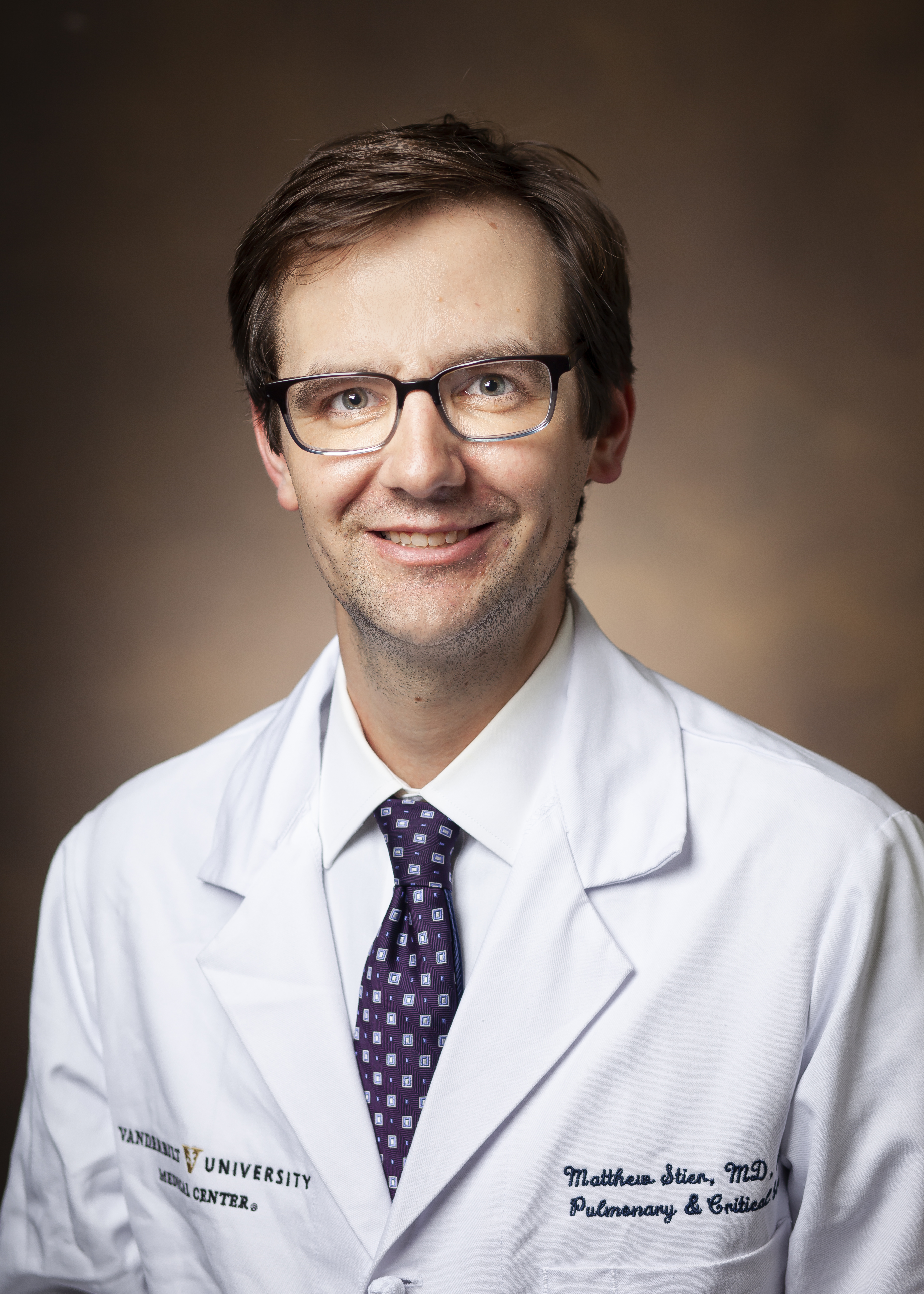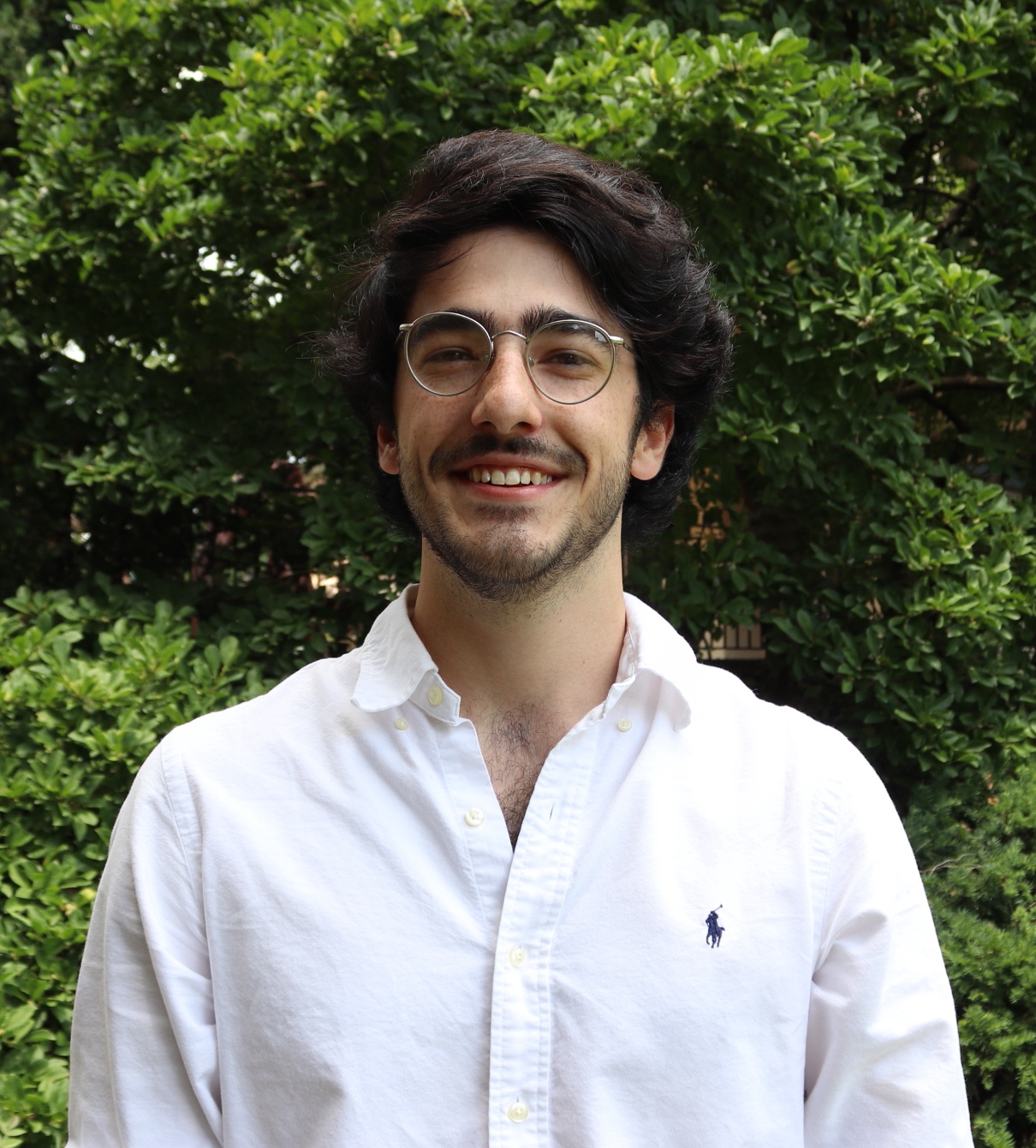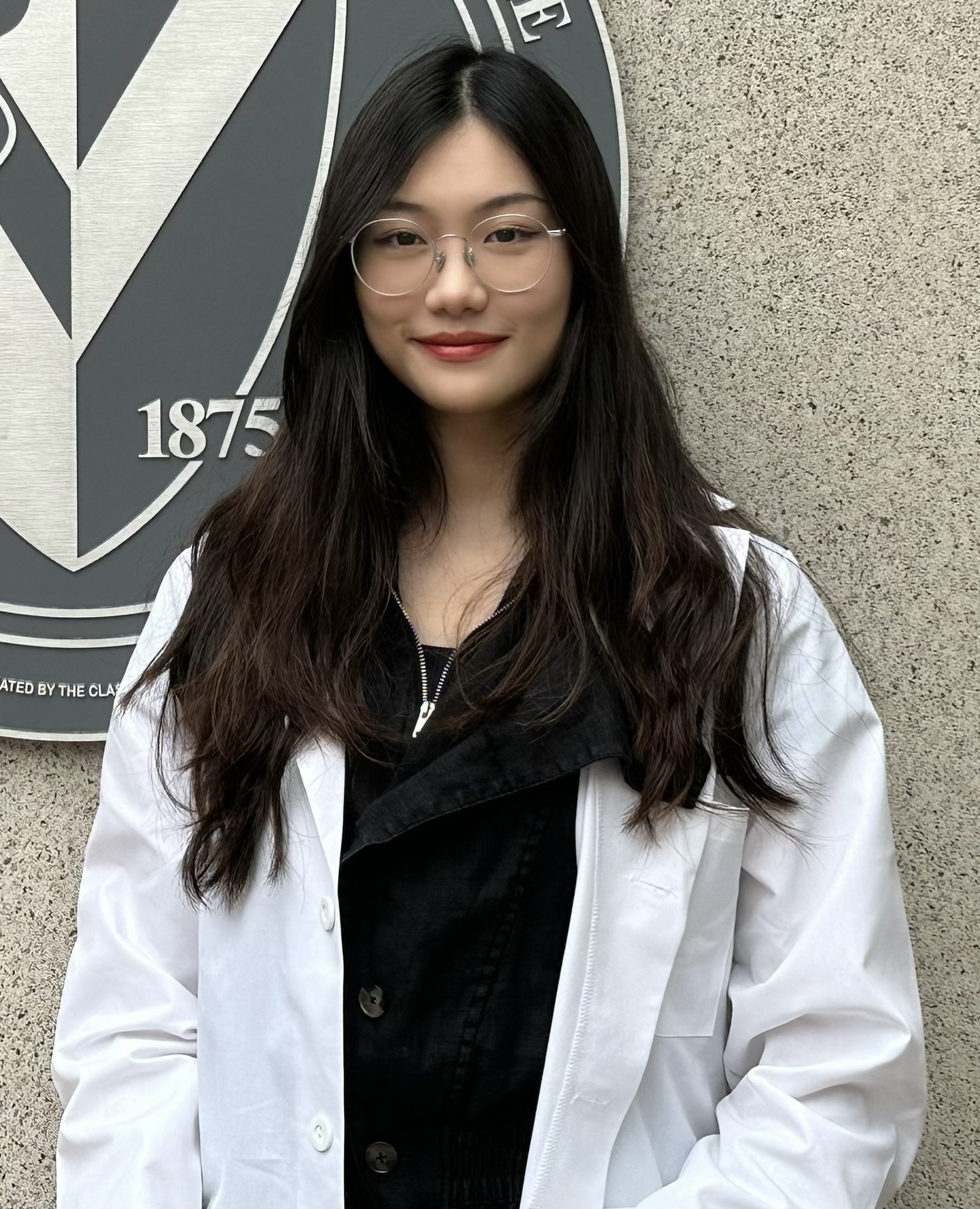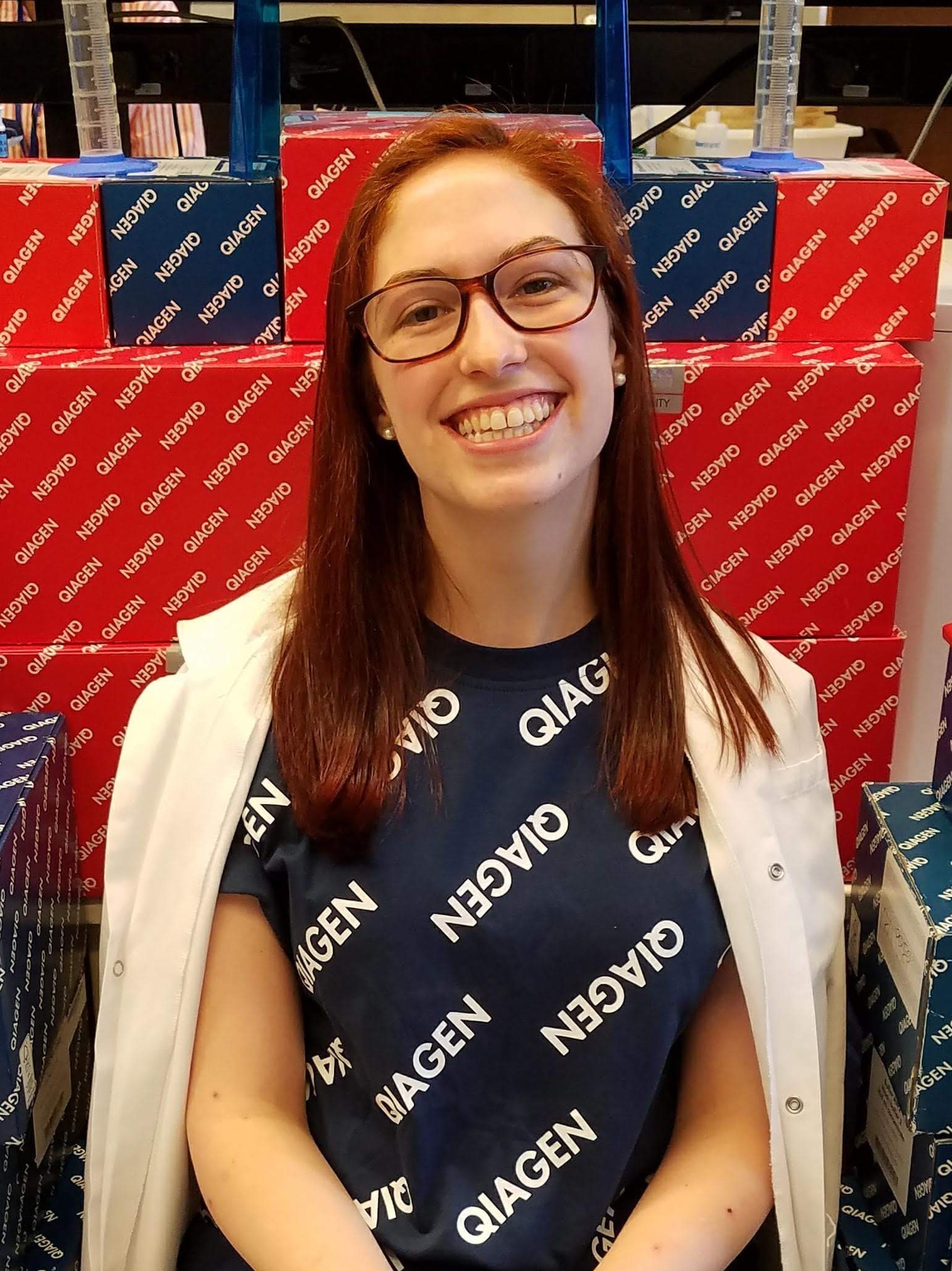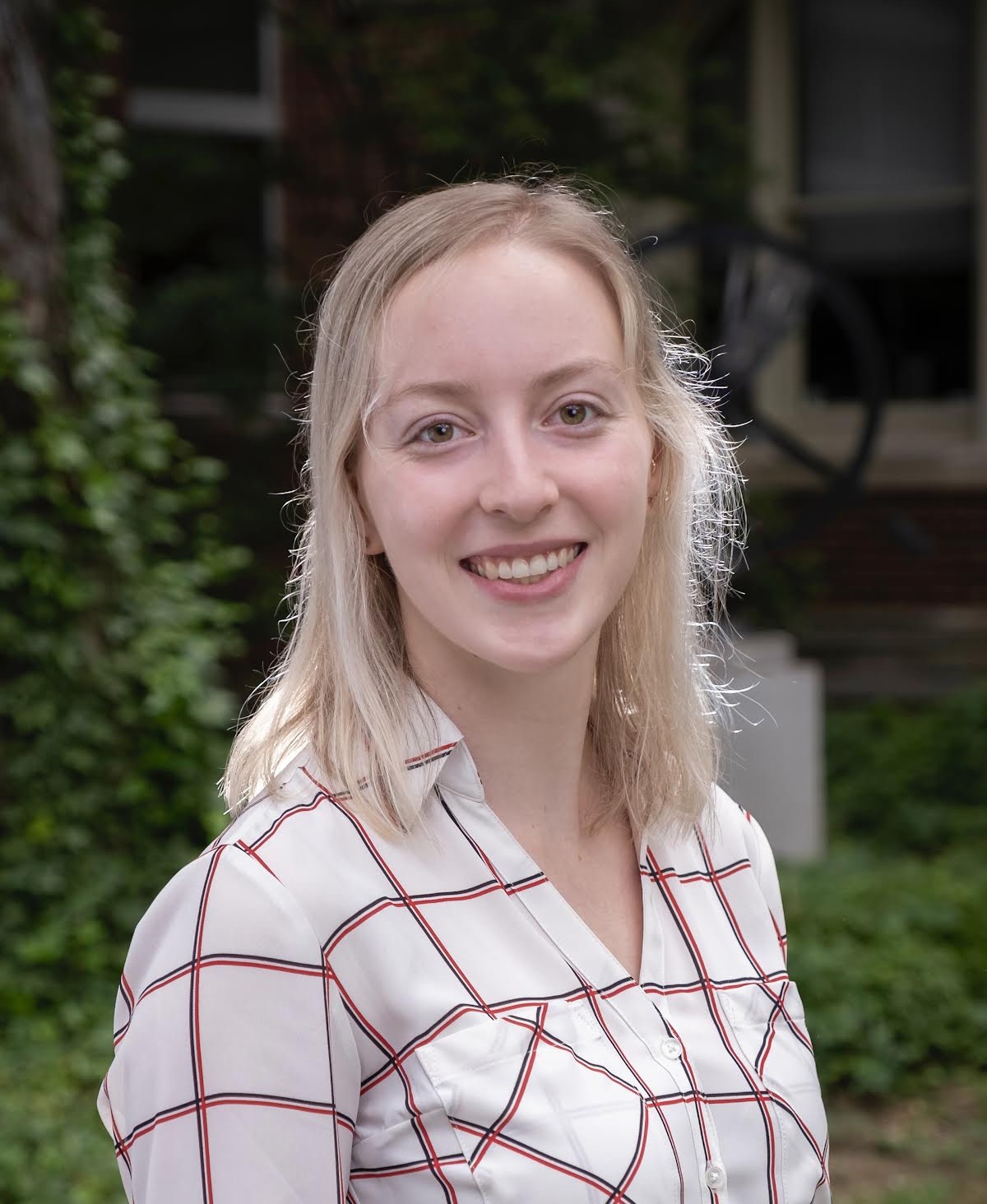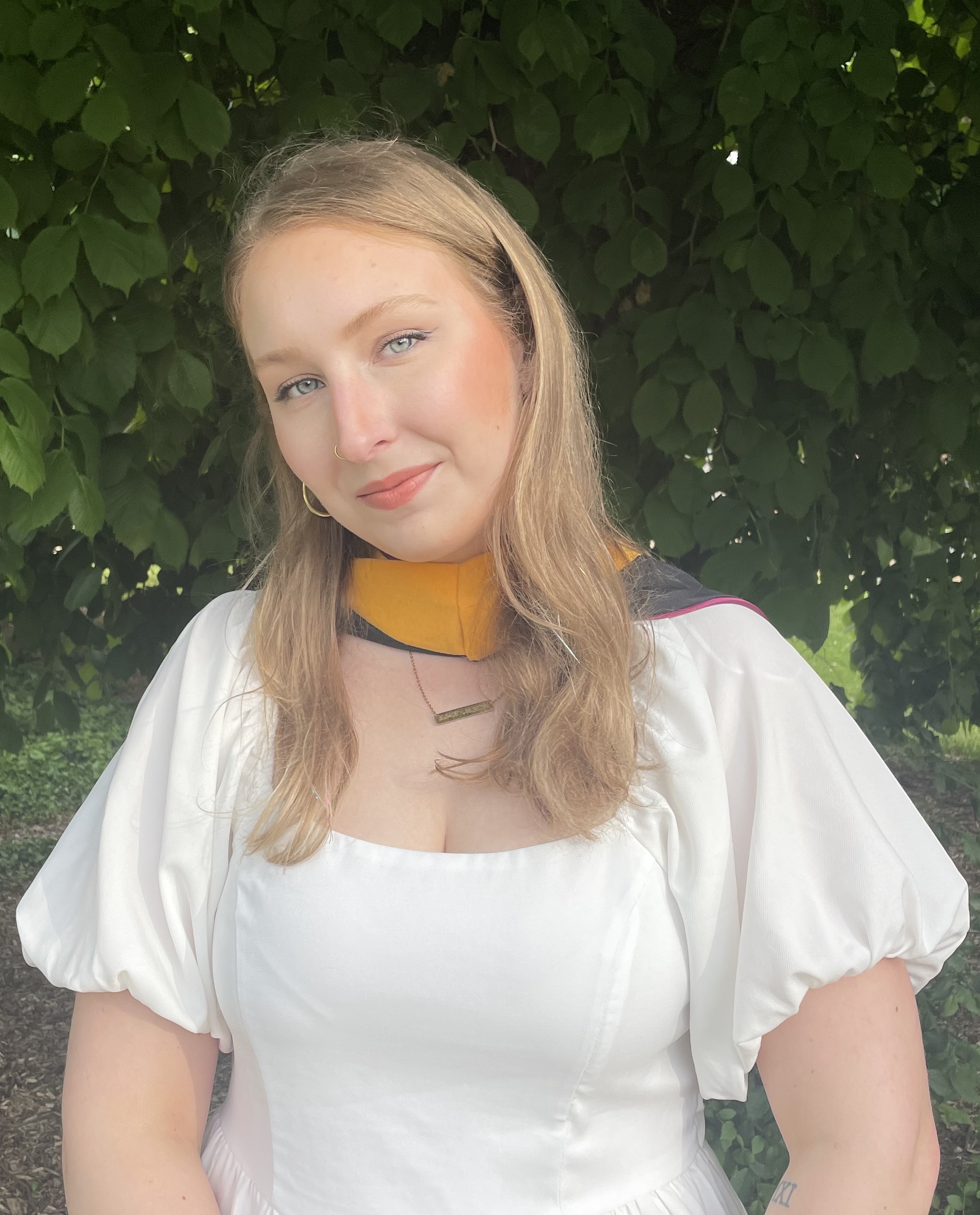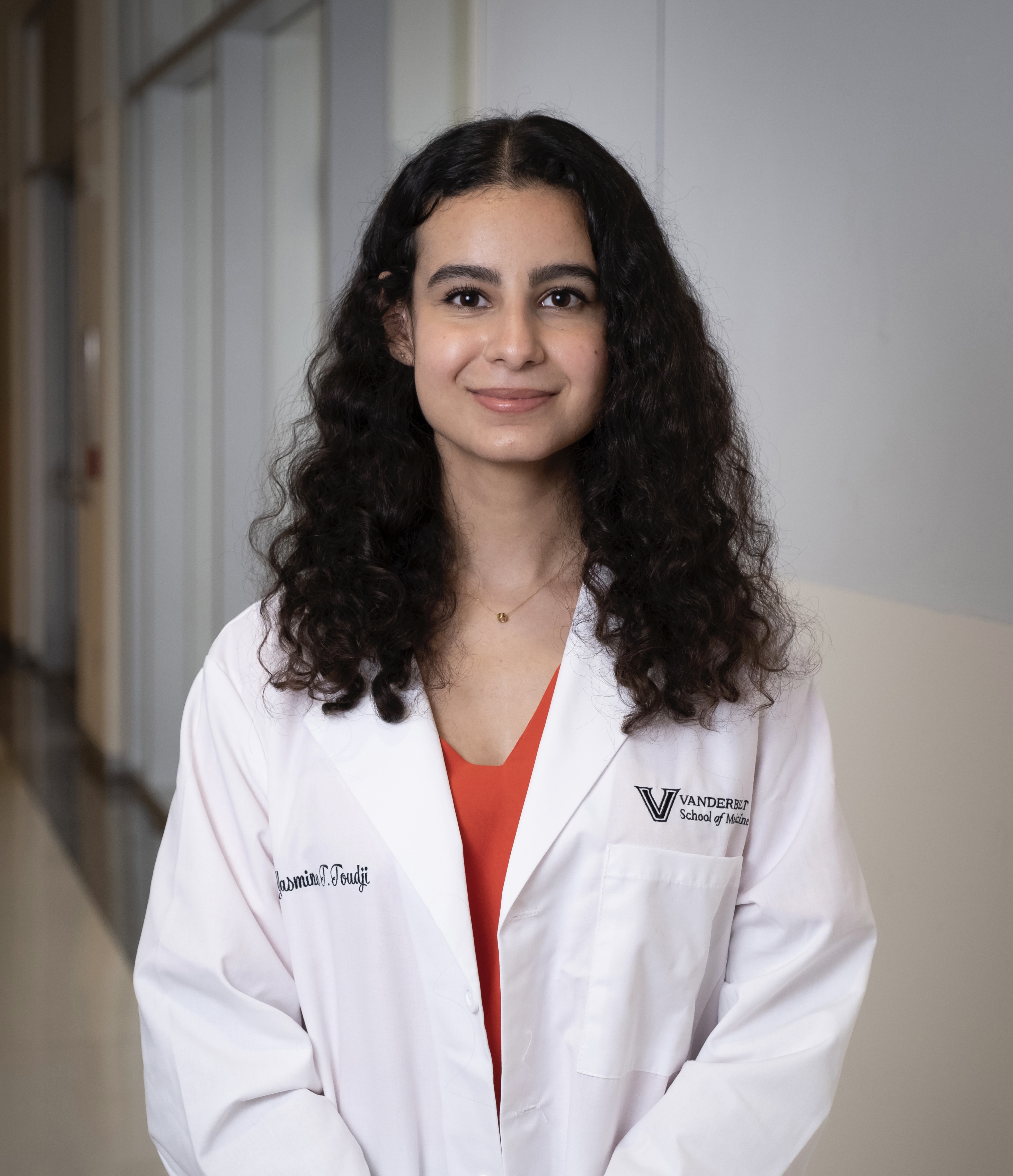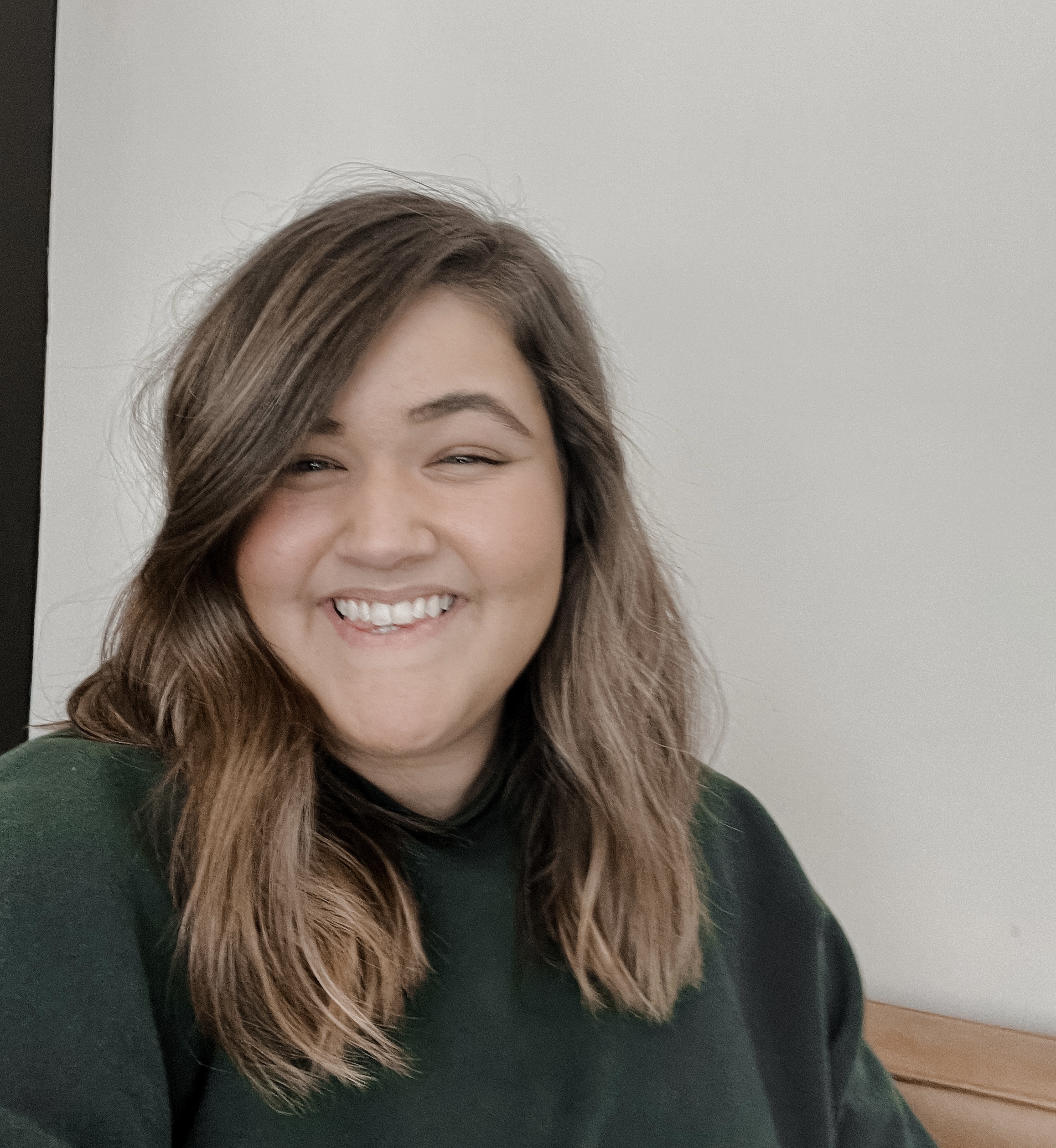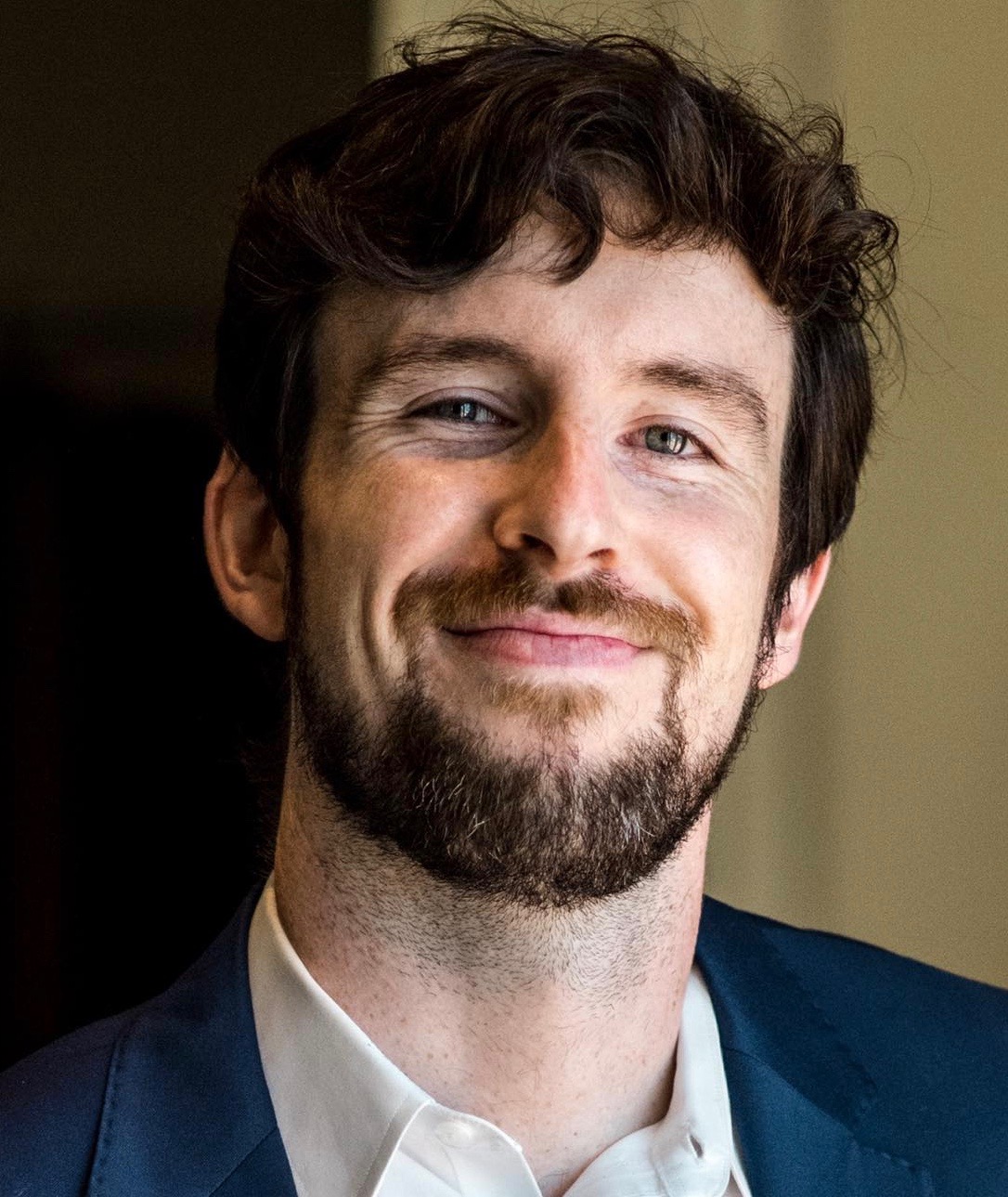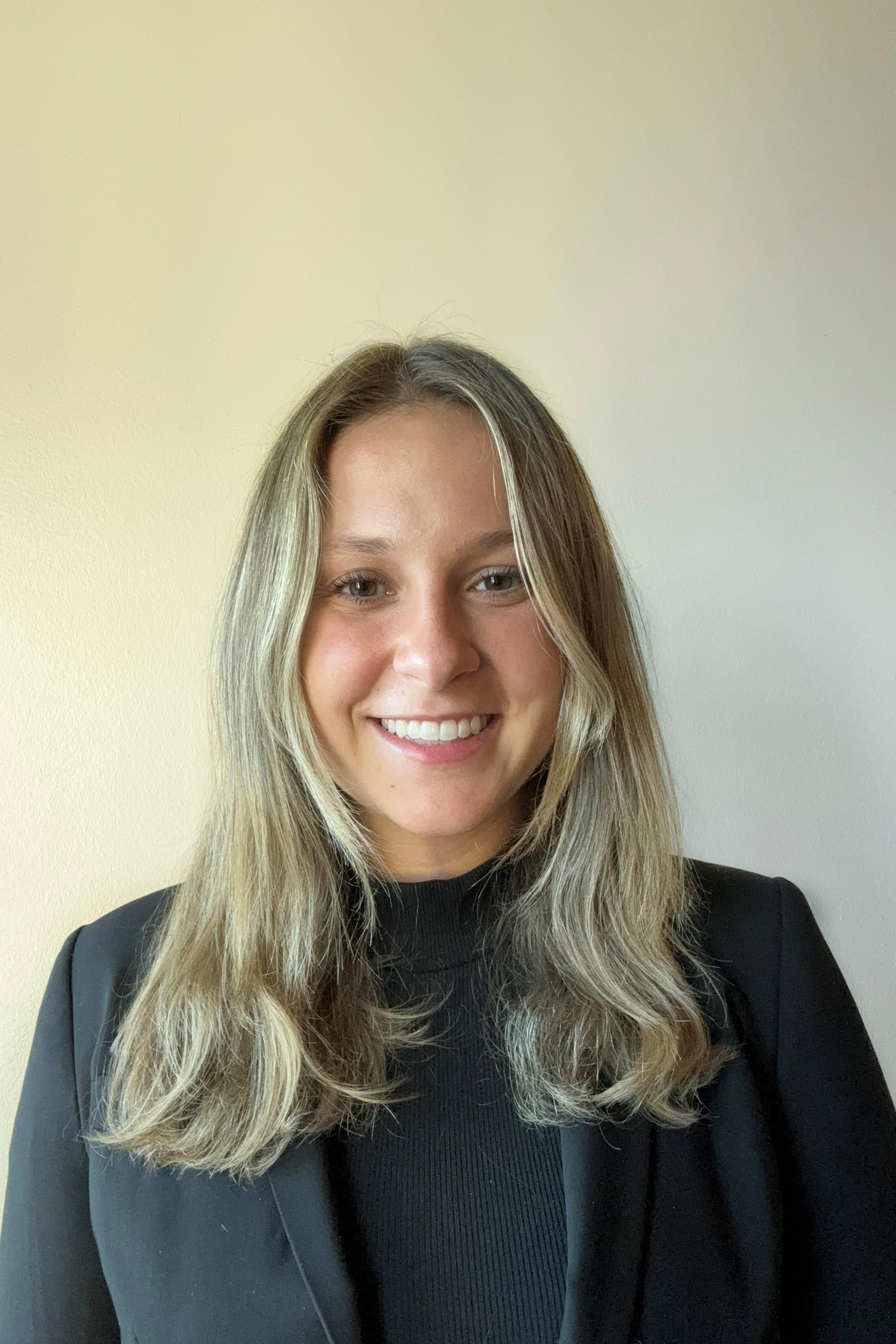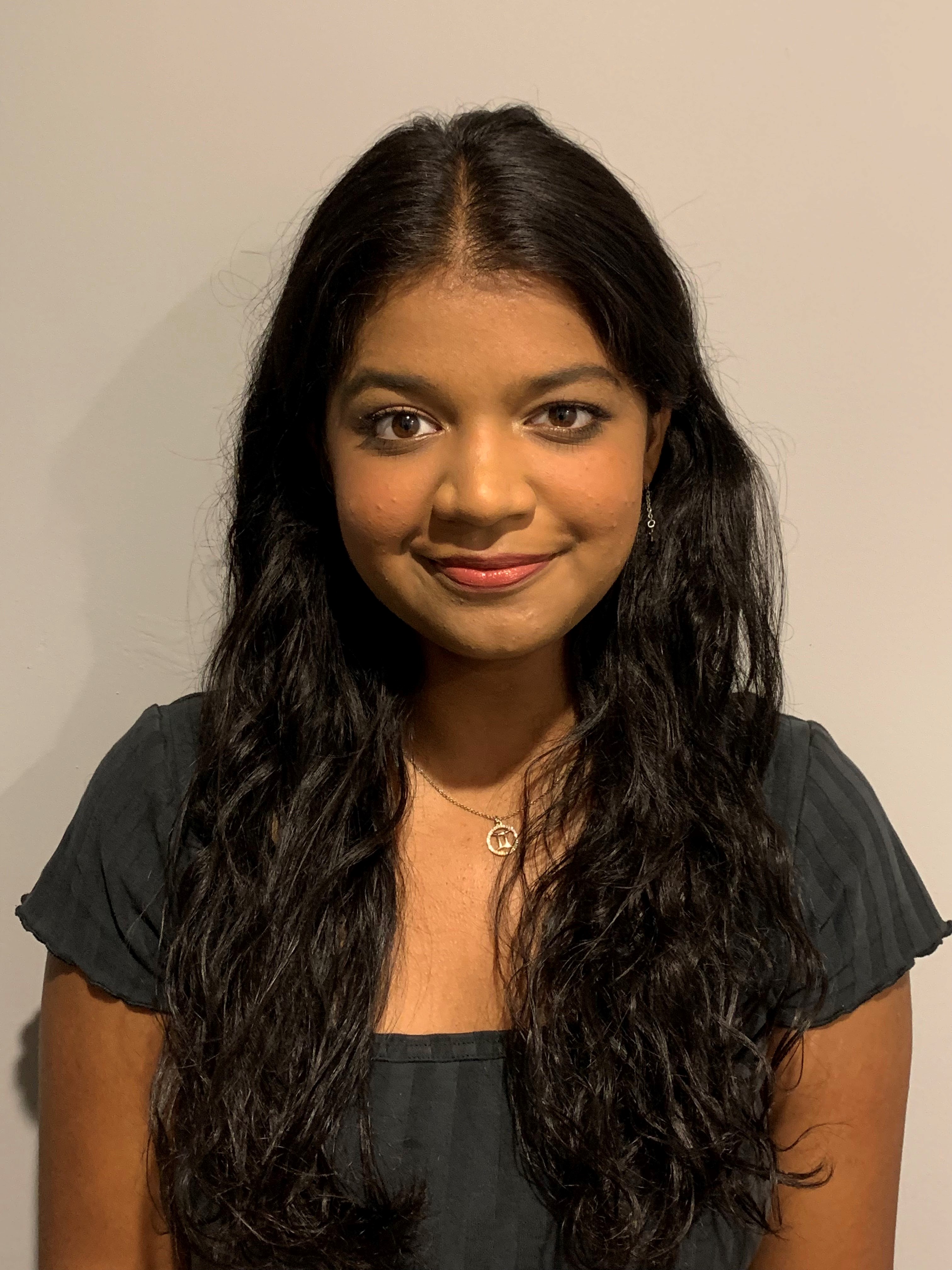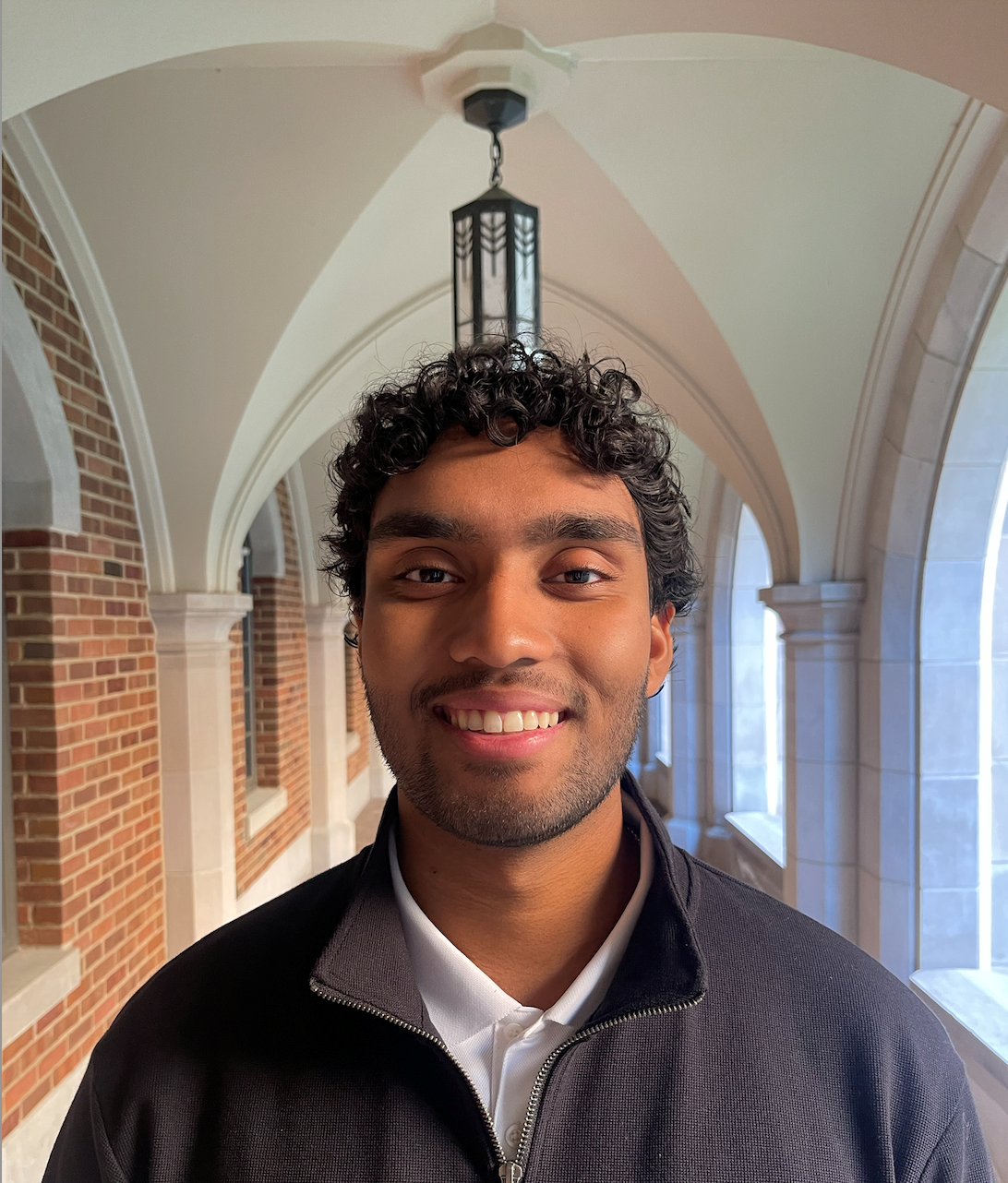
Jeffrey Rathmell, PhD
Dr. Rathmell studies mechanisms by which extracellular cues influence lymphocyte death and differentiation in efforts to control inflammatory diseases and leukemia. Following undergraduate studies on Biology at the University of Northern Iowa, he earned a Ph.D in Immunology on B cell tolerance and death mechanisms at Stanford University. In postdoctoral studies at the University of Chicago and University of Pennsylvania, he showed that lymphocyte metabolism was dynamically regulated by growth factors and controls apoptotic mechanisms. He began at Duke University in 2003 in the departments of Pharmacology and Cancer Biology and Immunology, as well as a member of the Duke Molecular Physiology Institute. Dr. Rathmell's group showed that the metabolism of T cells is highly dynamic and that specific metabolic programs are essential for each functional T cell subsets. These fundamental metabolic distinctions may now allow modulation of selective populations of lymphocytes in inflammatory diseases and anti-tumor immunity. He joined the faculty of Vanderbilt University in 2015 as Professor of Pathology, Microbiology, and Immunology to direct the Vanderbilt Center for Immunobiology and co-lead the Vanderbilt Ingram Cancer Center Host Tumor Interactions Program. He is Associate Director of the Vanderbilt Institute of Infection, Immunology, and Inflammation and co-leader of the Molecular Pathology and Immunology Ph.D training program.
Administration:
| Summer Brown, MAProgram Manager, Vanderbilt Center for Immunobiology I manage the operations of the Vanderbilt Center for Immunobiology, directed by Dr. Rathmell, along with his calendar and other events for the Center and lab. |
| Heather DuraiSenior Research Specialist As a lab manager with 20 years technical and research administration experience at VUMC, I help to ensure the smooth operation of the lab and support the overall success of our lab members. |
Staff Scientists:
| Zachary Bacigalupa, Ph.D.Research Assistant Professor Managing Director of Functional Genomics Core My primary focus is aiming to understand the crosstalk that occurs between metabolism and epigenetic modifications in HIF-driven kidney cancers that are genetically unique. To support this, I have developed Cas9 editing constructs that are responsive to active HIF signaling and am screening a library of genes encoding epigenetic modifiers, as well as several major metabolic pathways. Notable publication: HIF-2α expression and metabolic signaling require ACSS2 in clear cell renal cell carcinoma |
| Jackie Bader, Ph.D.Research Assistant Professor My research interests are to understand mechanisms that impact macrophage metabolism and how they can be targeted in obesity associated cancer therapies. A greater understanding of the macrophage related mechanism behind the obesity paradox will allow for new therapeutic targets outside of the established T cell targets and create a personalized approach to immunotherapy treatment. Particularly, understanding how obesity and weight loss impact bone marrow progenitors and induce innate memory may uncover biomarkers to predict or enhance patient selection for treatment regimens. Notable publication: Obesity induces PD-1 on macrophages to suppress anti-tumour immunity |
| Katy Beckermann, M.D., Ph.D.My research interest is identifying metabolic barriers to T cell function and immunotherapy in renal cell carcinoma. Notable publication: |
| Xiang Ye, Ph.D.Bioinformatics, Data analysis, Computational Biology Notable publication: MTHFD2 is a metabolic checkpoint controlling effector and regulatory T cell fate and function |
Current Post-Doctoral Fellows:
| Emily Arner, Ph.D.PostDoc Fellow I study cancer cell instrinsic and extrinsic mechanisms of epithelial plasticity and metastasis. I aim to understand both how metabolism and immune-cancer cell interactions in the tumor microenvironment influence each step of the metastatic cascade using patient samples and mouse models. Notable publication: Metabolic programming and immune suppression in the tumor microenvironment |
| Michael Davidson, M.D., Ph.D.PostDoc Fellow I have a background in mitochondrial bioenergetics, particularly cardiac mitochondria in the context of heart failure. As a post-doc, I aim to study the role of mitochondrial bioenergetics of primary effector T cells under normal and pathologic conditions. Notable publication: Extreme Acetylation of the Cardiac Mitochondrial Proteome Does Not Promote Heart Failure |
| Matthew Stier, M.D., Ph.D.Critical Care Fellow PostDoc Fellow My research focuses on the metabolic dynamics of sepsis, particularly how it rewires the immune system towards pathologic levels of immunosuppression. Despite being a leading cause of ICU mortality, sepsis lacks targeted therapies, leaving patients dependent exclusively on supportive care. Using human biospecimens from ICU patients at Vanderbilt in true “bedside-to-bench” fashion, we explore the metabolic pathways and mechanisms that drive immune dysfunction in sepsis, aiming to discover new therapeutic targets. Ongoing work examines how sepsis reshapes CD4 and CD8 T cell metabolism and includes the development of novel methods for measuring metabolic flux in human biospecimens, with the goal of translating these insights into future therapies. Notable publication: |
Benjamin Wilander, Ph.D.PostDoc Fellow I study the the effects of temperature on immune cell function and metabolism in the context of disease and fever development. Conversley, I am also interested in how immune cells harness heat generation as a property of their effector function and how thermal generation impacts immune cell metabolism. Notable publication: DRAK2 regulates myosin light chain phosphorylation in T cells |
Current Graduate Students:
| Joseph DeCorteGraduate Student I’m interested in designing cancer therapeutics that target interactions between the cancer and the immune system, with particular interest in proximity-inducing molecules like Proteolysis Targeting Chimeras (PROTACs). As a graduate student, I design and evaluate PROTACs that degrade enzymes in glutamine metabolism to increase immune-cell anti-tumor response and nutritionally restrict cancer cells.
|
| Yujie (Christina) DingGraduate Student My research focuses on the DNA damage and repair response of different CD4+ T-cell subsets in the fever environment. I aim to investigate the role of cellular metabolism in modulating DNA damage and repair and to identify the mechanisms underlying mtDNA escape in response to heat. I am also interested in exploring the functions and metabolism of CD4+ T cell subsets at cooler temperatures. Notable publication: |
| Emilie Fisher-GuptaGraduate Student I study ways to enhance cellular immunotherapies via altering CD8+ T cell metabolism. Specifically, I study the enzyme glutamine synthetase (GS) and the impacts of inhibition on cell survival and function in the tumor microenvironment. |
| Emma HathawayGraduate Student My research aims to improve CAR-T cell therapy for solid tumors. Despite success in hematologic malignancies, clinical efficacy of CAR-T cell therapy against solid tumors remains limited. I am interested in studying how CAR-T cells adapt to and survive in the tumor microenvironment of solid tumors with the goal of identifying novel targets to improve their function and efficacy. Notable publication: Immunometabolic Maladaptations to the Tumor Microenvironment |
| Casey NicholsGraduate Student My research focuses on the role of the aryl hydrocarbon receptor in CD4 and CD8 T cell metabolism in sepsis. |
Rachael SmithGraduate Student My research focuses on understanding how innate immune sensors and fever affect CD4+ T cell function and metabolism with the goal to develop a method to harness these effects for cancer immunotherapy. Notable publication: Subset-specific mitochondrial stress and DNA damage shape T cell responses to fever and inflammation | |
| KayLee SteinerGraduate Student I study lipid metabolism in T cells. I aim to understand how mitochondrial fatty acid synthesis supports t cell function and metabolism, and to manipulate lipid metabolic pathways to reduce disease severity Notable publication: Mitochondrial Fatty Acid Synthesis and Mecr Regulate CD4+ T Cell Function and Oxidative Metabolism |
| Spenser StoneGraduate Student Although immune checkpoints have canonically been studied in T cells, I am interested in characterizing them in the context of tumor associated macrophages. Specifically, I am exploring the mechanisms that govern Lag3 expression on macrophages and how this population contributes to mechanisms of resistance in cancer. Notable publication: |
| Yasmine ToudjiGraduate Student My research focuses on the effect of mild heat stress on different CD4+ T cell subsets and the metabolic and signaling pathways that drive their differential adaptation. My goal is to understand the involvement of the cellular stress response and glutamine metabolism in the enhanced T cell responses at fever-range temperature which may reveal actionable targets for treating inflammatory diseases such as autoimmunity. Notable publication: Subset-specific mitochondrial stress and DNA damage shape T cell responses to fever and inflammation |
Research Assistants:
| Allie BlountResearch Assistant I focus mainly on the change in effector function and metabolism of renal cell carcinoma T cells after immune checkpoint blockade in primary human samples, while also coordinating a multidisplinary clinical trial that studies pediatrics with primary immunodeficiency disorders. |
Zaid HatemResearch Assistant I am interested in understanding the immune cross talk between the tumor microenviornment and the viceral adipose reservoirs in Clear Cell Renal Cell Carcinoma (ccRCC) patients. I am also interested in investigating the role of TREM2+ Tumor associated Macrophages In The Tumor Microenvironment of RCC. | |
| Sam SchaeferResearch Assistant Functional Genomics Core Assistant I help run the Functional Genomics Core (CRISPR screens in mouse and human cell lines, healthy donor experiments) while also helping out around the lab with other experiments |
| Allison SewellResearch Assistant My main project is focused on the metabolic rewiring of CD4 immune cells in sepsis and critical illness. In addition, I support fellow lab members in both administrative and experimental capacities. Notable publication: Elevated transferrin receptor impairs T cell metabolism and function in systemic lupus erythematosus |
Undergraduate Researchers:
| Shreeti AmitUndergraduate Researcher My research focuses on how sex differences and fever affect CD4+ Th17 cells in both their function and merabolism. I work primarily with mass spectrometry. |
| Jeffrey PereraUndergraduate Researcher My research with Emilie Fisher-Gupta focuses on how glutamine synthetase regulates metabolism and function in CD8+ and CD4+ T cell subsets. Using functional genomic approaches, we target glutamine synthetase to uncover its role in T cell-mediated immunity and explore therapeutic strategies to enhance T cell function. |
Past Post-Doctoral Fellows:
Arissa Young, M.D
Rheumatology Fellow, University of California, Los Angeles
Saara Kaviany, DO
Assistant Professor of Pediatrics, University of Chicago
Diana Contreras, Ph.D.
Microbiology and Immunology
Current Senior Clinical Trials Assistant- Contract Partner of Amgen, IQVIA, Clayton, NC
Stephanie Dudzinski, Ph.D.
MSTP
Radiation Oncology Resident, MD Anderson Cancer Center, Houston, TX
Nancie MacIver, M.D./Ph.D.
Assistant Professor (tenure track) Duke University, Pediatric Endocrinology
Liza Makowski, Ph.D.
Assistant Professor (tenure track) University of North Carolina at Chapel Hill, Nutrition
Ryan Michalek, Ph.D.
Senior Study Director, Metabolon Inc., Durham, NC
Pankuri Goraska-Hicks, Ph.D.
Director of Oncology Studies, Gentris
Alfredo Caro-Maldonado, Ph.D.
Post-doctoral Researcher, CIC BioGUNE, Spain
Andrew Macintyre, Ph.D.
Education and Professional Development Manager at American Society for Biochemistry and Molecular Biology (ASBMB)
Peter Siska, M.D.
Hematology-Oncology fellow at University Hospital Regensburg
Sivan Cohen, Ph.D.
Scientist, Genentech, San Francisco, CA
Andrew Patterson, Ph.D.
Assistant Professor in the Department of Biochemistry and Molecular Genetics at the University of Louisville School of Medicine
Kelsey Voss, Ph.D.
Assistant Professor in the Department of Pharmacology at the University of Virgiania School of Medicine
Erin Jennings, Ph.D., MLS
NCI T32 Postdoctoral Trainee in Biochemical and Chemical Training for Cancer Research
Past Graduate Students:
Dalton Greenwood, Ph.D.
Molecular Pathology and Immunology
Ayaka Sugiura, M.D., Ph.D.
Medical Scientist Training Program
Matt Madden, M.D., Ph.D.
Medical Scientist Training Program
Pathology Residency, Yale School of Medicine
Jessica Wofford
Pharmacology Defended PhD 11/29/2007
Current Clinical Scientist-Drug Development, Aratana Therapeutics, Kansas City, MO
Yuxing Zhao
Pharmacology Defended PhD 12/6/2007
Currently a Police Officer, Melbourne Australia.
Heather Wieman
Molecular and Cellular Biology Defended PhD 04/08
Senior Scientist, ZenBio, Research Triangle Park, NC
Kathleen O’Hara
Immunology Defended M.S. 2009
Associate Veterinarian at United Veterinary Specialty and Emergency, San Francisco
Sarah Jacobs
Molecular and Cellular Biology Defended PhD 11/2009
Current Post-doc with Blossom Damania at UNC Chapel Hill
Emily F Mason
Molecular and Cellular Biology/Medical Scientist Training Program Defended PhD 7/2010
Assistant Professor at Vanderbilt University, Department of Pathology
Jonathan Coloff
Pharmacology Defended PhD 9/2010
Post-doc with Joan Brugge at Harvard Univeristy
Brian J. Altman
Molecular and Cellular Biology Defended PhD 5/2011
Post-doc with Chi Dang, University of Pennsylvania
Valerie A. Gerriets
Pharmacology Defended PhD 2/21/2014
Assistant Professor of Pharmacology, California Northstate University College of Medicine
Tingyu Liu
Pharmacology Defended PhD 10/20/2014
Post-doc with Jeffrey Engelman, Harvard University
Rigel Kishton
Pharmacology Defended PhD 05/09/2016
Post-doc with Nick Restifo, National Cancer Institute (Surgery Branch)
Marc Johnson
Pharmacology/Cancer Biology Defended PhD 11/09/2018
Scientist, Surface Oncology, Cambridge MA
Darren Heintzman, PhD
Molecular Pathology and Immunology
Investment Research Analyst, Nashville, TN
Gabriel Rodriguez Garcia, PhD
Molecular Pathology and Immunology
Past Research Assistants:
Katherine Beier
Veterinary Student, Cornell University College of Veterinary Medicine
Channing Chi
Medical Student, Vanderbilt University School of Medicine
Debolanle Dahunsi
Medical Student, University of Illinois College of Medicine
Rachel Hongo
Graduate student, Harvard Biological and Biomedical Sciences Program
Madelyn Landis
Graduate Student, University of Pennsylvania
